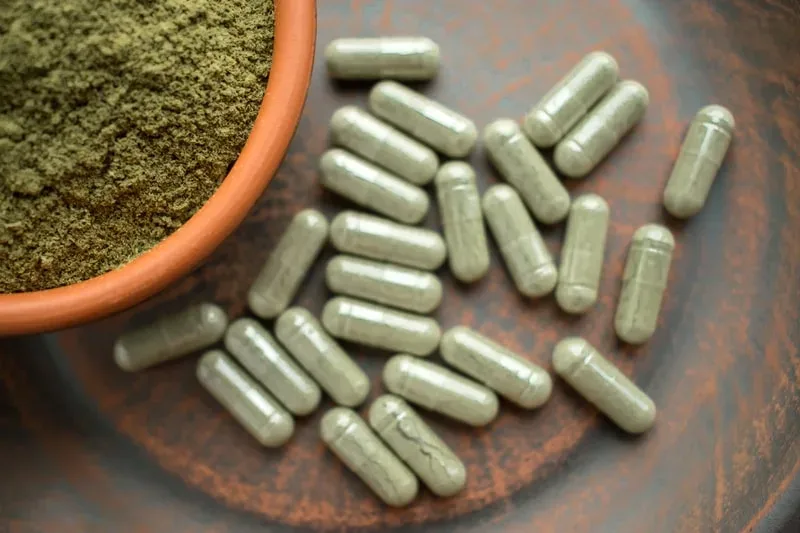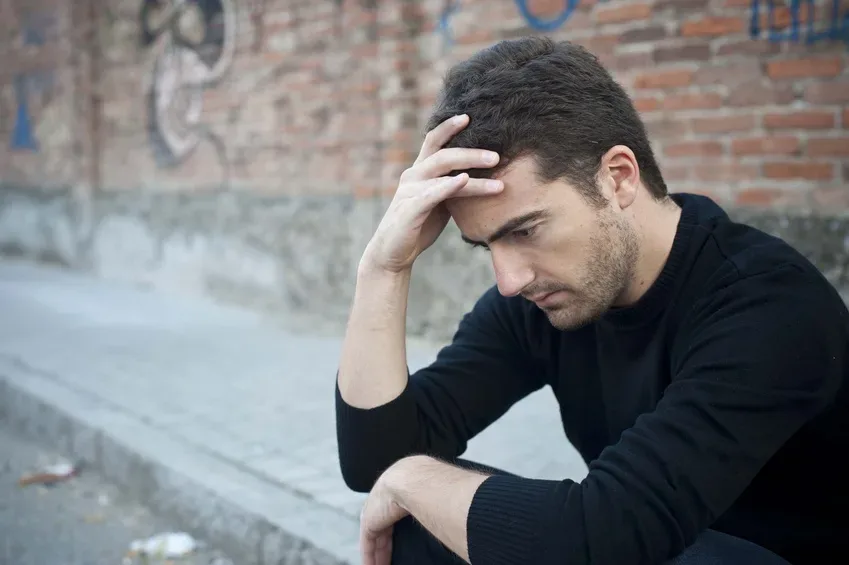5 Ideas for Mental Health During the Holidays

The most wonderful time of the year is right around the corner, with Thanksgiving, Christmas, Hannukah, Kwanza, New Year’s Eve and other festive cultural and religious traditions happening in the next few months. Families gather and gifts are shared, the celebrations are plentiful.
While the holidays are surely a time of cheer for many people, they also bring a unique set of stressors. During this time you may feel overwhelming social anxiety with pressure to attend events, a high-stress job if you work in retail or another market affected by the seasonal boom or financial difficulty from the added expense of holiday norms.
If the stress and business of the upcoming season has impacted your mental wellness in any way, this article can help you normalize your experiences and offer tips for mental health during the holidays.
Mental health during the holidays
Mental health challenges can precede the holidays or be exacerbated by them. If you have an existing mental health disorder, like anxiety, depression, PTSD or bipolar disorder, the hype and anticipation of the holidays can increase the severity of normal symptoms.
A 2014 study by the National Alliance on Mental Health found that 64 percent of individuals who had a diagnosis of a mental health disorder reported worsened symptoms due to the holidays. Even those without a mental health condition report higher stress. A 2021 study found that 3-out-of-5 Americans feel that the holiday season negatively affects mental health.
Both pre-and post-COVID studies have found that holidays negatively impact a person’s mental health, which can include mood, energy level, enjoyment in activities, desire to socialize, ability to concentrate and physical condition. When mental health takes a toll during the holidays, it can feel hard to overcome and move forward.
Holiday stressors
There are many things that can contribute to poor mental health during this season of festivity. Here are a few of the most common holiday stressors.
- Financial stress
- The pressure to give the “right” gift
- Insecurity about gift-giving abilities
- The desire to reciprocate (giving presents, inviting others over)
- Social anxiety for holiday parties and events
- Spending time with relatives
- Dealing with contentious family topics over the holidays
- Hosting events
- Managing expectations of others during the holidays
- Dealing with a loss (such as losing a job or the death of a loved one)
- Receiving a diagnosis during the holidays
- Dealing with a disease, condition or chronic pain
- Grieving a loved one
- High expectations for the holiday season
- Triggering memories related to previous holidays
- Substance use at holiday parties
If you face any of the above holiday stressors or ones not listed here, you’ll need to make sure you’re making time to address your mental well-being and alleviate stressors that are in your control.
How holidays affect mental health
The holidays are a tricky time for us mentally. People are well aware that the few upcoming months are a time for togetherness and cheer, but the reality of this time is often out of line with our expectations. While there are various reasons for worsening mental health during the holidays, it may be compounded by what psychologists call “cognitive dissonance.”
Cognitive dissonance is the phenomenon of having contradictory thoughts. It occurs when our thoughts, beliefs, actions, expectations, feelings and values are at odds and it can cause massive mental tension.
When we have the preconceived notion that the festivities we celebrate will be filled with joy and harmony, the resulting feeling after an event (even if the event any other time of year would have been an average gathering) is typically one of disappointment.
Having high expectations of beautiful decorations, perfect gifts, cheerful family and peaceful mealtimes can make us feel uneasy when the holidays feel just like any other day. The tension this causes mentally, added to the stress of holiday tasks, can easily knock our mood and induce negative feelings like guilt, anger and loneliness.
Mental health tips for the holidays
It’s important to understand how the holidays affect mental health so you can navigate them more smoothly. If you have trouble managing symptoms of distress during this season, here are some ways you can alleviate mental health woes and enjoy the good times.
1. Take time for yourself
Self-care during the holiday season is just as important, if not more important than any other time of year. It’s easy to feel like any spare moment is quickly sucked up by the hustle and bustle of shopping, planning and preparing, but carve out some time to relax and do activities that aren’t related to the holidays.
2. Use modern conveniences
The hype around the holidays can add extra pressure to tasks that are already time-consuming. Take advantage of services like grocery pick up, pre-made meals, online shopping and order your gifts already wrapped. You can also save time by wrapping your gifts all at once, or skipping wrapping altogether and making a new tradition out of hiding gifts.
3. Prioritize traditions that matter
It seems there’s an unspoken checklist of mandatory activities for the winter: sledding, making Christmas cookies, decorating a tree, caroling, looking at holiday lights and more. While all these enjoyments have their place, if holiday stressors are making you feel overwhelmed, try taking a few items off the plate that are less meaningful so you can focus on the ones that are.
4. Budget in advance
The best way to manage the financial stress that inevitably comes with gift-giving is to create a budget far in advance. A budget that is created the week before shopping can leave you feeling trapped and hopeless, but a budget that is designed months out gives you extra time to save and look for sales.
5. Meet with a therapist
Holiday stressors may feel that they’re not worthy of intervention, and you may feel that you’ll bear through the season, but if the weight of the pressure that comes this time of year is causing you distress, it’s in your best interest (and that of your family) to get help.
You want to be your best self at this special time of year and a mental health professional can help you learn strategies to manage mental health symptoms and enjoy the parts of the season that you’re interested in. Get connected with High Focus Centers PA to start enjoying your life, whether it’s for a few months or long term.








